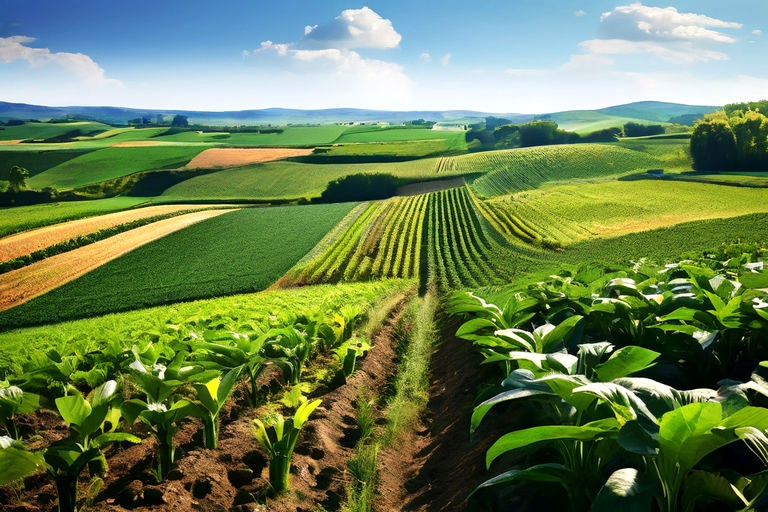How can organic farming practices be improved?

Enhancing Organic Farming Practices
Organic farming, an environmentally friendly approach to agriculture, has gained considerable popularity in recent years. However, like any other system, it has scope for improvement. This article will delve into the various ways organic farming practices can be enhanced to boost productivity, sustainability and overall efficiency.
1. Technological Integration
Technology has revolutionized nearly every industry, including agriculture. By integrating technology into organic farming, we can significantly improve efficiency and productivity. For example, precision farming techniques like GPS-enabled machinery can help farmers apply resources more efficiently, reducing waste and boosting yields. Similarly, advanced soil testing technology can provide farmers with detailed insights about their soil's health, enabling them to make better-informed decisions about crop management.
2. Crop Rotation
One of the oldest and most effective organic farming practices is crop rotation. This involves changing the type of crops grown in a particular field each year. Crop rotation can help maintain soil fertility and reduce pest and disease problems. However, this practice can be improved by incorporating scientific knowledge about plant families and their nutrient requirements. By carefully planning the rotation to balance the nutrient demands of different crops, farmers can optimize soil fertility and boost productivity.
3. Organic Pest and Disease Management
Organic farming prohibits the use of synthetic pesticides and fungicides. However, pests and diseases can be a significant problem in organic farming systems. By improving organic pest and disease management strategies, we can make organic farming more productive and sustainable. For instance, biological control methods, which involve using beneficial organisms to control pests and diseases, can be more widely adopted. Additionally, farmers can use resistant varieties and maintain a high level of biodiversity to reduce pest and disease problems.
4. Green Manure and Composting
Organic farming relies heavily on natural sources of nutrients, such as green manure and compost. These practices not only provide nutrients for crops but also improve soil structure and fertility. However, they can be made more efficient. For example, farmers can use composting techniques that accelerate the decomposition process, such as hot composting. Similarly, they can choose green manure crops that are particularly effective at capturing and releasing nutrients.
5. Education and Training
Organic farming requires a deep understanding of natural processes and ecosystems. By improving education and training for organic farmers, we can help them make better decisions and manage their farms more effectively. This could involve providing farmers with training about the latest organic farming research, techniques, and technologies. Additionally, farmers could be educated about business management, to help them run their farms more profitably.
6. Policy Support
Government policies can have a significant impact on organic farming. By improving policies to support organic farmers, we can help make organic farming more viable and competitive. This could involve providing subsidies for organic farmers, investing in organic farming research, and implementing policies that encourage consumers to buy organic products.
Conclusion
To summarize, organic farming practices can be improved in various ways to enhance productivity and sustainability. Technological integration can make organic farming more efficient, while improved crop rotation and pest management strategies can boost productivity. Green manure and composting practices can be optimized to provide crops with nutrients more effectively. Education and training for farmers, coupled with supportive policies, can also play a crucial role in enhancing organic farming. By implementing these improvements, we can make organic farming a more viable and sustainable alternative to conventional agriculture.

